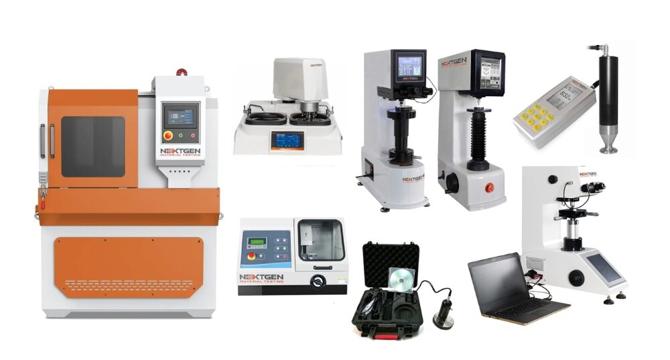TechBullion
1M
54

Image Credit: TechBullion
How Universities and Research Labs Use Metal Testing Equipment for Engineering Education
- Metal testing is crucial in engineering education for disciplines like materials science, mechanical engineering, and structural engineering.
- Universities use metal testing equipment to teach students about material properties, stress-strain relationships, elasticity, and plasticity.
- Students gain practical knowledge in selecting materials for real-world applications through tensile strength and hardness testing.
- Laboratory work with metal testing equipment enhances skills in data analysis, report writing, and material failure evaluation.
- Operating universal testing machines, hardness testers, and impact testers improves students' precision and analytical thinking.
- Universities equip labs with metal testing machines like UTM for tensile testing, compression, and bending tests.
- Hardness testers are used to measure a material's resistance to surface deformation for applications requiring durability.
- Impact testers assess metal toughness, while fatigue testing evaluates material behavior under repeated stress cycles.
- Real-world case studies involving metal testing equipment help students analyze and solve industry-related problems.
- Collaboration between universities and industries strengthens metal testing education, focusing on research and quality control.
Read Full Article
3 Likes
For uninterrupted reading, download the app